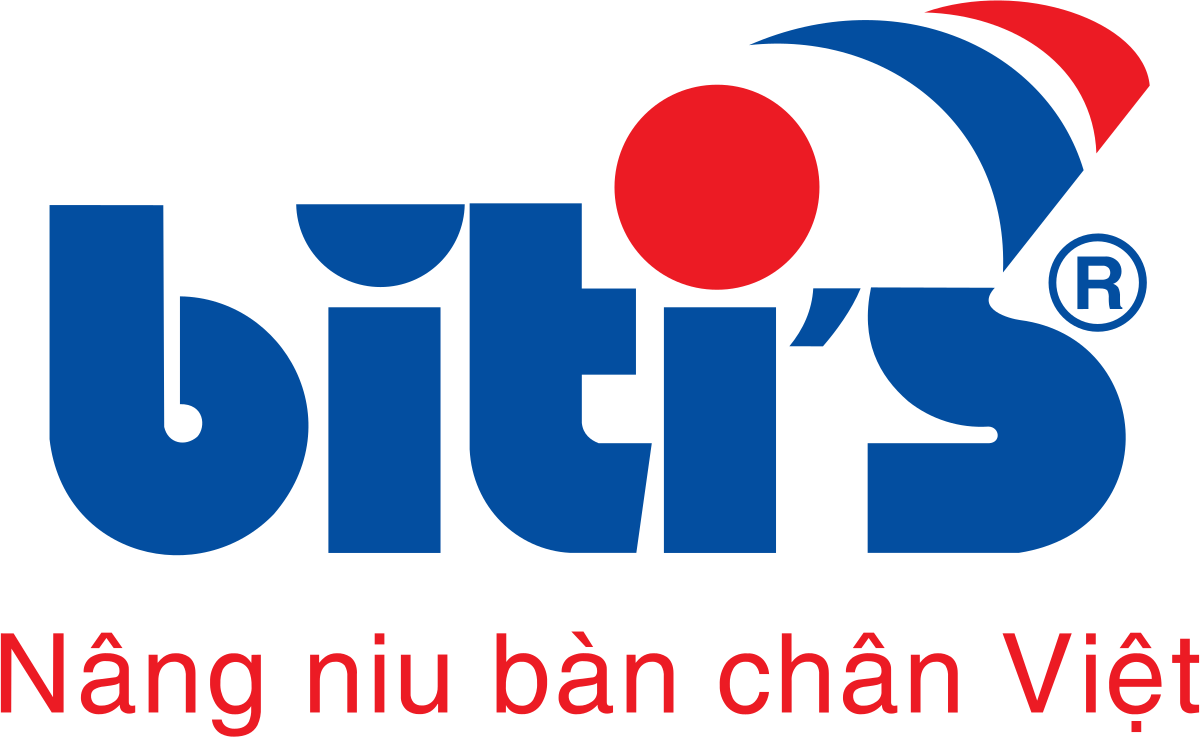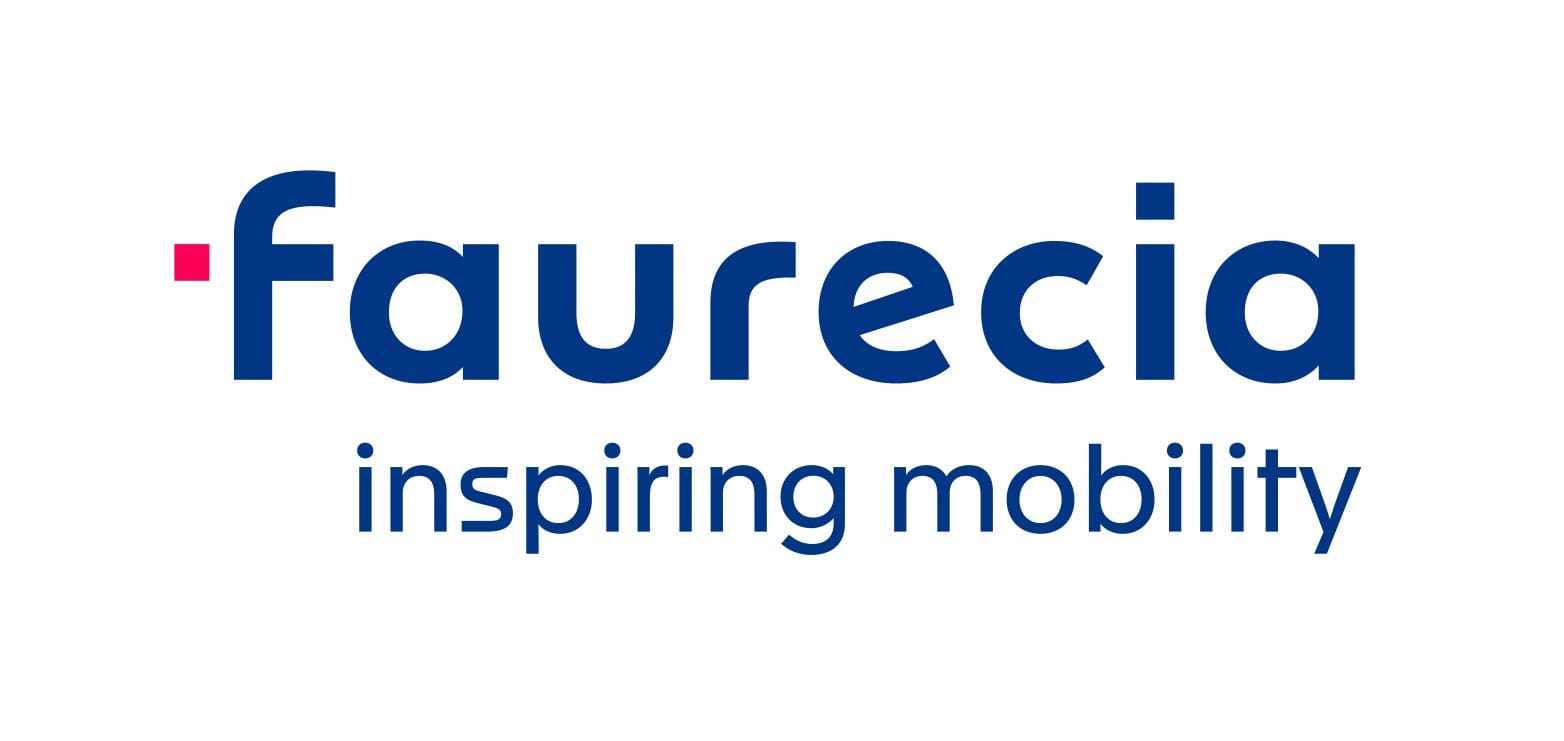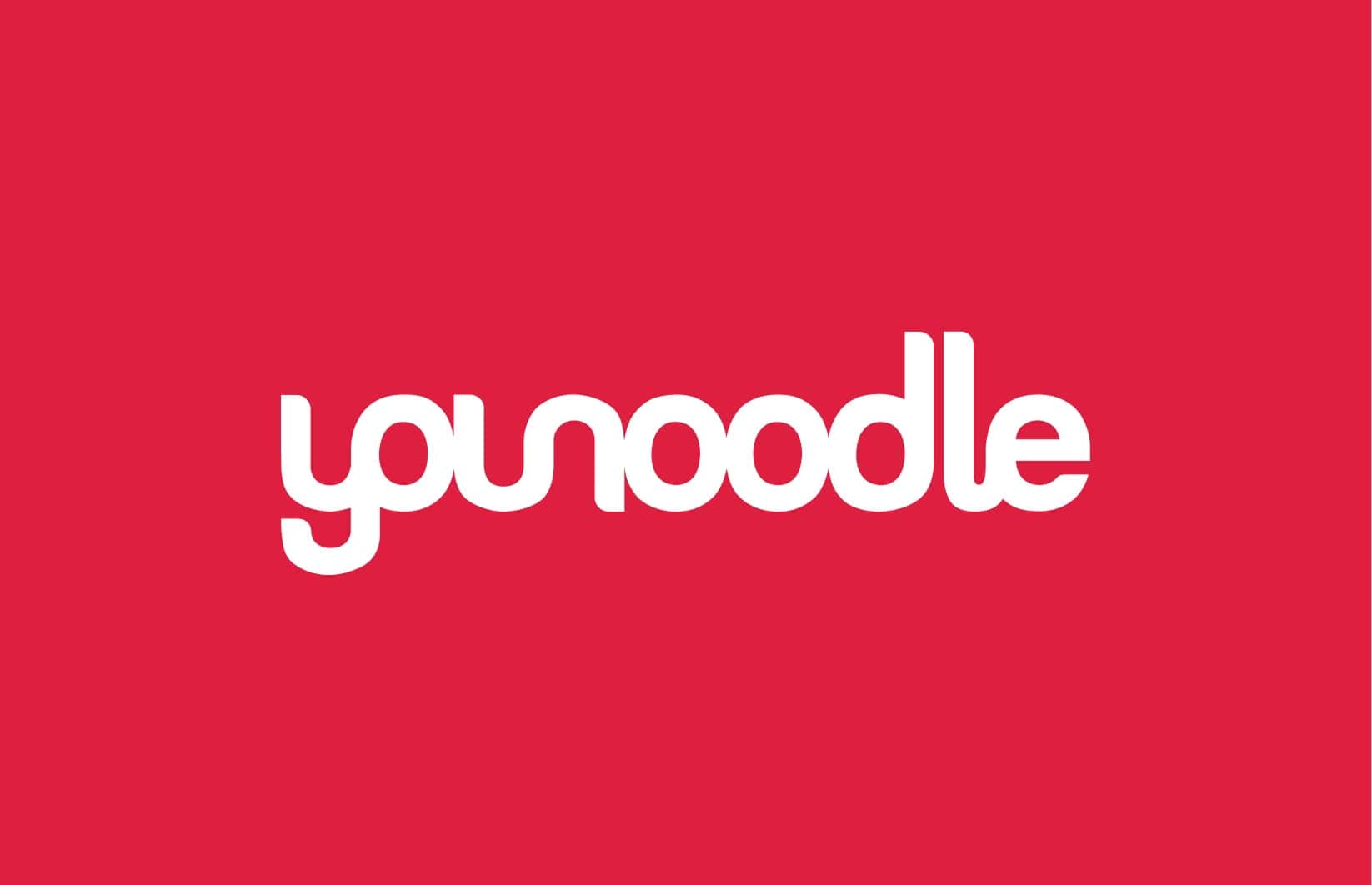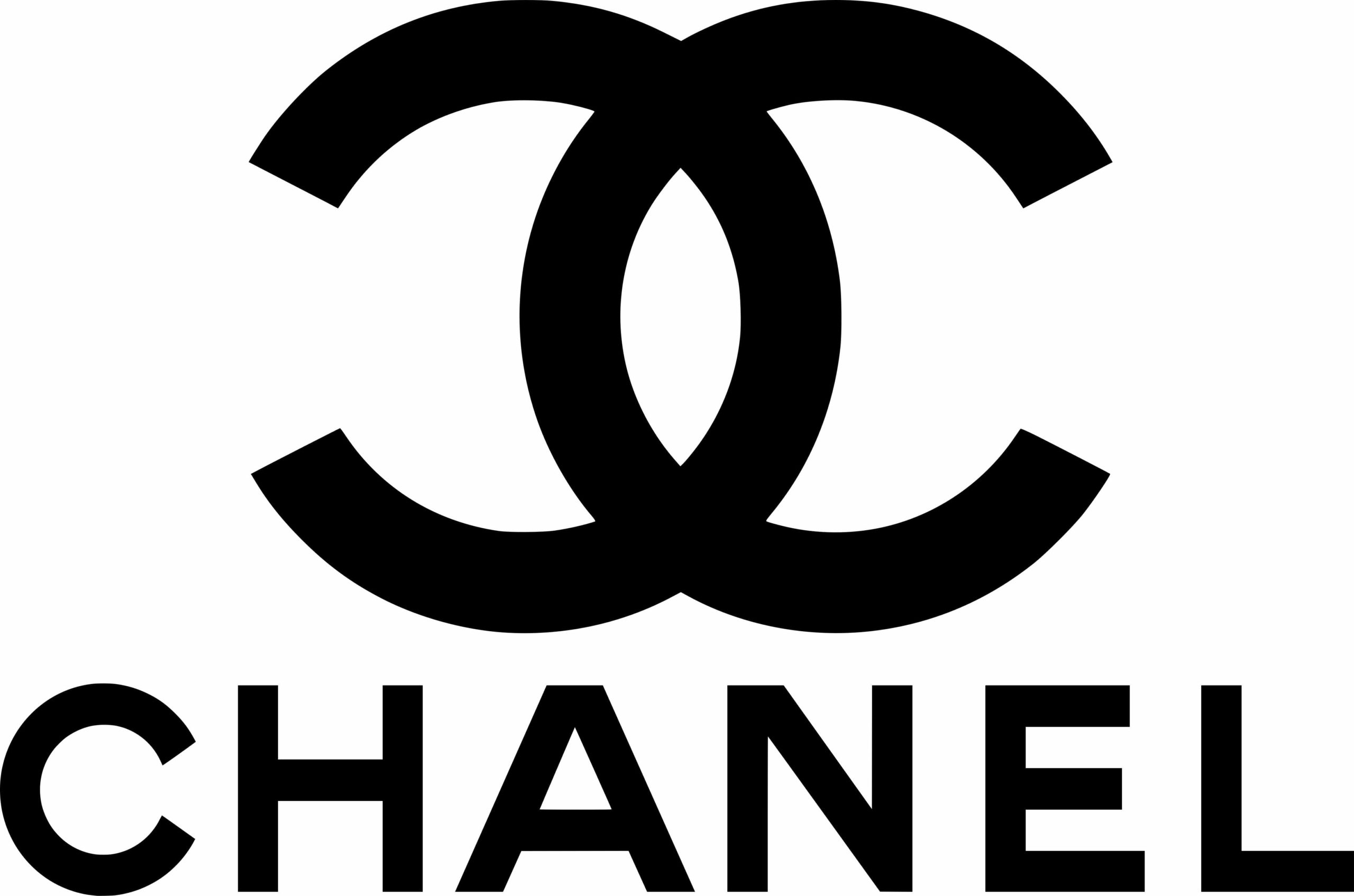The Green Tech Incubator is a four-month program designed for idea, pre-seed and seed stage entrepreneurs, with a focus on circular economy and energy challenges in Vietnam. Schoolab operated its first edition between October 2022 to April 2023. The program aimed to bring together Vietnamese small and medium-sized enterprises (SMEs) and startups to collaboratively develop pioneering technology solutions that enhance business efficiency, decrease costs, and promote innovation for sustainable growth. The German Ministry for Economic Collaboration and Development and implemented by the Digital Transformation Center Vietnam (DTC VN) of the German Development Agency (GIZ) funded the program. Schoolab Asia was co-designer, lead operator and facilitator of the program.
Context
SMEs play a big role in Vietnam’s GDP, but need help reducing their environmental impact, for which energy efficiency and circular economy are key drivers. Promoting sustainable production and energy-efficient technologies will benefit SMEs and improve their economic sustainability.
Startups in Vietnam drive innovation and growth, but face funding and resource challenges. In 2020, only 12% of startups received funding, and investment decreased by 56% in 2022. This lack of support represents a significant barrier for startups focused on energy efficiency and circular economy to grow. Capacity building programs can help them develop solutions, promote their model, and unlock potential funding for their sustainable development in Vietnam.
We designed the Green Tech Incubator to offer a range of resources to a carefully selected group of startups with validated business cases from small and medium-sized enterprises. These resources include access to an expert network, knowledge and skills development, as well as the necessary tools to overcome key barriers and increase their chances of success. The program provides a range of activities, including mentorship, coaching sessions, cohort training, and networking opportunities. Participating in the program allows startups to learn from experienced professionals and connect with potential investors or SME partners.
During the initial project phases, we worked with SMEs, industry experts, investors, and entrepreneurship experts to define the incubator business case challenges collaboratively. This approach helped us ensure high-quality challenges and a clear partnership activation strategy. We defined key incubation topics by observing SMEs and ensuring real business cases linked to future paying customers. This stakeholder centric research and design approach enabled us to define the following Challenge Statements Categories on Circular Economy and Energy Efficiency to source idea-owners and entrepreneurs:
Program Design and Impact Overview
- How might we enable manufacturing SMEs’ factory managers to capture and monitor energy consumption data to optimize their operations and facilitate decision-making for energy efficiency?
- How might we support SMEs to integrate energy-efficiency strategies in different steps of their new factory construction, from the planning and design phase to solution selection to installation and testing?
- How might we facilitate access to information, knowledge, expertise, financial support and solution providers to enable manufacturing SMEs decision makers to plan and implement energy saving practices and solutions?
- How might we support SMEs to integrate energy-efficiency strategies in different steps of their new factory construction, from the planning and design phase to solution selection to installation and testing?
- How might we support manufacturing SME businesses to capture, map, understand and leverage data to optimize material flow to increase their business and environmental performance?
- How might we support agroforestry and agrofood businesses to manage and monetize their agricultural waste and by-products?
- How might we support businesses in the segregation, collection, treatment, recycling and/or valuing/repurposing of industrial by-product and waste?
- How might we support agri-businesses to capture, understand and utilize data or leverage technologies to optimize their production efficiency along with minimizing agrochemical use to eliminate negative environmental impact of production activities?
Along with the business cases design, the objective of this phase was to define:
- the program landing page with program application requirements and form
- the selection criteria and process
- The program content & process
- The expert pool
INJECT – Schoolab’s digital platform – was customized for the program to facilitate applicant selection and host pre-incubation content, enabling a smooth transition for selected projects and more flexibility for changes in the program.


Pre-incubation, bootcamps, incubation, crash-test pilot and demo day
In the second phase, the program offered a pre-incubation phase that provided entrepreneurship basics, innovation methodologies, and reflective sessions for founders to define their objectives. As well as access to experienced mentors and industry experts, who provided guidance and feedback, while tailored coaching support addresses specific needs of each startup. Founders can collaborate and learn from each other, and a diagnosis tool tracks progress and identifies areas for improvement. Through hybrid workshops and individual coaching sessions, the program fosters growth, strengthens projects, and allows for pivoting if needed.
The top 12 finalist startups are selected through a crash test and continued with our common incubation program. It provides startups with workspace, peer feedback sessions, and regular opportunities to pitch at events. The program covers specific challenges and skills to accelerate startup development from problem-solution fit to fundraising. Throughout the program, founders go to be exposed to experts and perspectives, valuable assets in their growth. In addition, we foster a sense of community among the cohort by providing collaborative workspace.
Cohort of startups

The Green Tech incubator emphasizes foundational entrepreneurship skills for early-stage startups, resulting in notable improvements in problem-solution fit, product-market fit, and business model fit. However, variations in evaluation procedures, such as pitch length and language, may have influenced startup performance to some extent. Despite these challenges, all startups exhibited impressive progress by the demo day, reflected in the program’s best overall ratings.


Conclusion: an impactful and inclusive program with key learnings…
To sum up, the Green Tech Incubator has contributed to improving the quality of Vietnamese Green Tech projects, equipping founders with better skills to enter the market. It has also offered founders enhanced visibility and access to networks of industry experts, financial partners, and potential SME customers, which can facilitate the implementation and iteration of their solutions.
Would you like to implement your own incubation program? Check out Schoolab Asia’s current programs (such as the Towards Zero Waste Accelerator, 2024-2025) and reach out to our team for more information.










